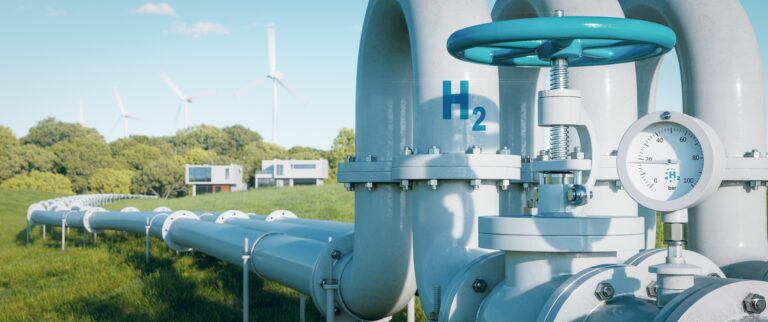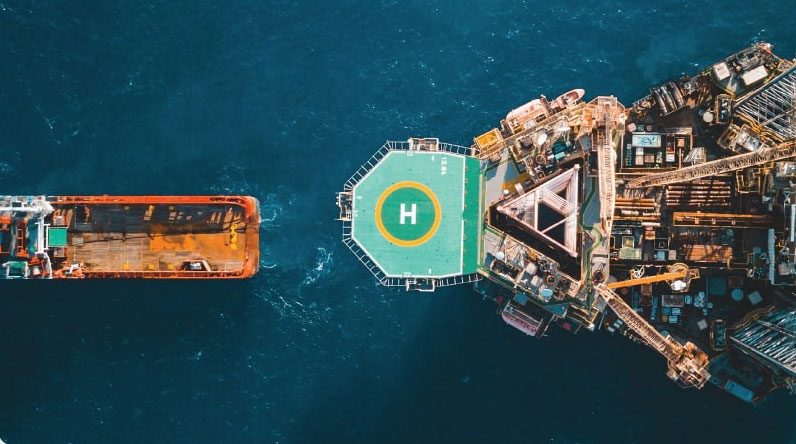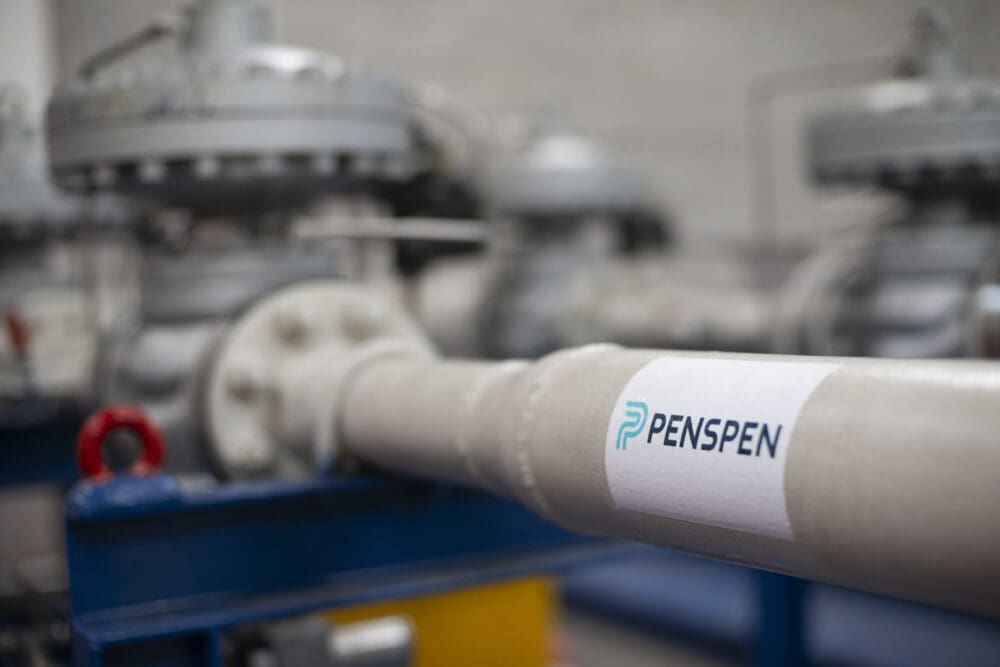As the Gulf Cooperation Council (GCC) transitions to a more sustainable energy future, natural gas plays a pivotal role in reducing carbon emissions and supporting hard-to-abate sectors. Innovative projects and regional collaboration are essential for enhancing gas infrastructure, ensuring accessibility, affordability, and reliability.
In a new technical article, Bilal Hassan, Principal Energy Transition Consultant at Penspen, discusses ongoing regional efforts and regulatory challenges faced in the GCC. Bilal provides strategic recommendations for transforming the gas landscape, drawing insights from successfully completed Penspen projects in Europe
Download the article to learn how we can ensure accessibility, affordability, and reliability in the region’s energy supply from an expert’s perspective.
Download ArticleRelated Insights

Planning for Transporting Hydrogen in the Portuguese Gas Transmission System
How do you convert a national high-pressure gas network to hydrogen safely, efficiently, and in line with modern standards? Read our latest technical article in collaboration with REN-Gasodutos, S.A....

Storage: The Linchpin for a Future-Proof, Integrated Energy Ecosystem in the UAE
In the 29th issue of Dar Magazine, Nigel Curson, EVP of Technical Excellence, and Bilal Hassan, Principal Energy Transition Consultant at Penspen, discuss how hydrogen storage can unlock the full...

EIC Survive & Thrive Report 2025
The Energy Industries Council (EIC), the UK’s leading trade association for the energy supply chain, has published its 2025 Survive & Thrive Report. As one of 135 member companies featured and...

Capturing Innovation: Our People – Andrew
In this Our People feature, Andrew tells us why the energy industry has always felt close to home and a natural place for him to make an impact, and how working on the UK’s flagship carbon capture...




